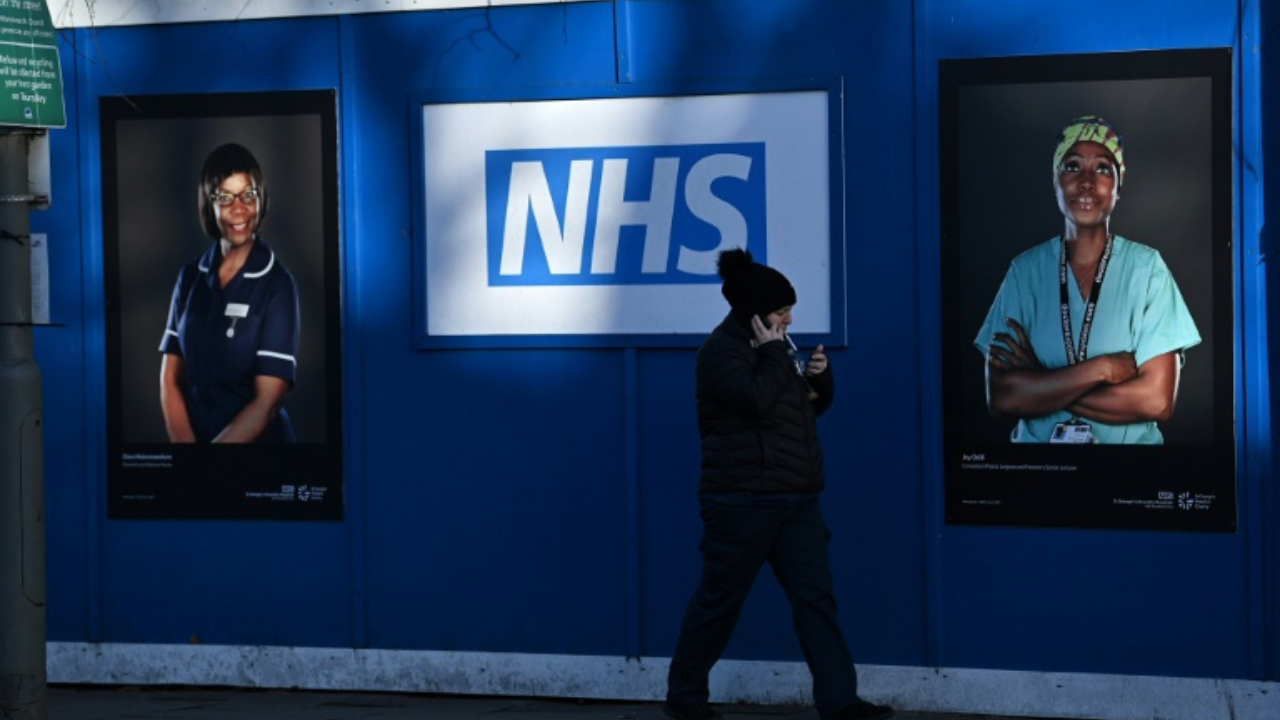Health
UK Women’s Healthcare Faces Crisis with £36 Billion Gender Gap

The UK’s healthcare system is under increasing scrutiny as more than 600,000 women await gynaecological treatment on the National Health Service (NHS). According to Dame Lesley Regan, England’s Women’s Health Ambassador, women’s healthcare is “stuck in the nineties,” reflecting outdated practices, persistent underfunding, and sluggish reform. This critique emerges as waiting lists reach record levels, highlighting significant disparities in diagnosis and treatment across the country.
The economic impact of these healthcare disparities is staggering. Estimates suggest that gender health inequalities cost the UK economy approximately £36 billion annually, primarily due to lost productivity and women exiting the workforce because of untreated or poorly managed health issues. Official parliamentary data reveals that nearly 600,000 women in England are currently on waiting lists for gynaecological treatment, marking a one-third increase over the past two years. As of December 2024, there were 586,000 incomplete NHS gynaecology pathways, with nearly half of those patients waiting beyond the 18-week target.
Women represent 57 percent of all patients on recorded waiting lists, compared to 43 percent for men. This discrepancy is particularly evident in conditions such as endometriosis, where the average time for diagnosis has ballooned to almost nine years. Health experts assert that these delays are exacerbating health outcomes and exacerbating inequalities, pushing many women to seek treatment from private clinics, which further strains their financial resources.
During the Women’s Health Week Europe conference in London, Dame Regan emphasized that women have been “let down” by longstanding underinvestment and bureaucratic hurdles that hinder access to innovative treatments and technologies. Research indicates that the gender health gap’s economic toll includes significant losses from working days, early retirement, and reduced productivity.
Systemic issues within the NHS are a significant contributing factor. When hospitals face operational pressures, women’s health services, particularly gynaecology, are often deprioritized. Furthermore, crucial research into menopause, endometriosis, and menstrual disorders suffers from chronic underfunding. Clinics across the NHS are grappling with rising demand and staff shortages, further extending waiting times.
Charities and advocacy groups highlight the personal and national consequences of untreated health issues. For example, severe period pain alone is estimated to cost the UK economy £3.7 billion each year in lost working days, according to the NHS Confederation. The government’s Women’s Health Strategy aims to introduce new health hubs, enhance diagnostics, and invest in women’s health technology. Nonetheless, critics argue that progress has been too slow, characterized by limited funding and an uneven rollout of initiatives across England.
Proposed reforms include prioritizing women’s health specialties in NHS workforce planning, integrating gender-sensitive diagnostics, and expanding research funding for women’s conditions to ensure they receive adequate resources in clinical training and practice. Despite the pressing need for reform, the UK’s women’s healthcare system continues to lag due to years of inertia and insufficient investment.
As hundreds of thousands await treatment and billions are lost to the economy, the call for meaningful change grows louder. The effectiveness of the latest commitments will serve as a critical test for a healthcare system striving to meet the needs of the 51 percent it is designed to serve.
-

 Health2 months ago
Health2 months agoNeurologist Warns Excessive Use of Supplements Can Harm Brain
-

 Health2 months ago
Health2 months agoFiona Phillips’ Husband Shares Heartfelt Update on Her Alzheimer’s Journey
-

 Science2 days ago
Science2 days agoBrian Cox Addresses Claims of Alien Probe in 3I/ATLAS Discovery
-

 World2 months ago
World2 months agoCole Palmer’s Cryptic Message to Kobbie Mainoo Following Loan Talks
-

 Entertainment3 months ago
Entertainment3 months agoLove Island Star Toni Laite’s Mother Expresses Disappointment Over Coupling Decision
-

 Entertainment3 months ago
Entertainment3 months agoEmmerdale Faces Tension as Dylan and April’s Lives Hang in the Balance
-

 Entertainment2 months ago
Entertainment2 months agoMajor Cast Changes at Coronation Street: Exits and Returns in 2025
-

 Lifestyle2 months ago
Lifestyle2 months agoEngland Flags Spark Controversy This Summer: A Cultural Debate
-

 Entertainment3 months ago
Entertainment3 months agoKerry Katona Discusses Future Baby Plans and Brian McFadden’s Wedding
-

 Entertainment2 months ago
Entertainment2 months agoMasterChef Faces Turmoil as Tom Kerridge Withdraws from Hosting Deal
-

 World4 weeks ago
World4 weeks agoMassive Sinkhole Opens in Bangkok, Swallowing Cars and Causing Chaos
-

 World1 month ago
World1 month agoMichelle Tsiakkas Opens Up About Jamie Borthwick Before BBC Exit









